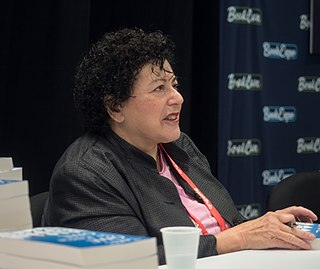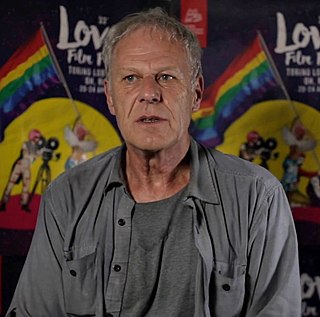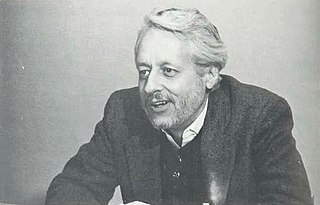A Quote by Susan Isaacs
As for writing novels - it's what I've done for 30 some-odd years. I can't suddenly say I'm going to take up golf. I need something in my life. As long as I can write a coherent sentence, I'll keep at it.
Related Quotes
Writing is linear and sequential; Sentence B must follow Sentence A, and Sentence C must follow Sentence B, and eventually you get to Sentence Z. The hard part of writing isn't the writing; it's the thinking. You can solve most of your writing problems if you stop after every sentence and ask: What does the reader need to know next?
In some ways, it's easier to go from short form to long form than vice versa. I used to make 30 second 'movies,' and I think if I only did long form I would find it difficult to adjust to that short a length. 'I gotta say something in 30 seconds. Forget about it!' There have been directors who have done commercials over the years, but they seem to be the exception.
Thoughts are created in the act of writing. [It is a myth that] you must have something to say in order to write. Reality: You often need to write in order to have anything to say. Thought comes with writing, and writing may never come if it is postponed until we are satisfied that we have something to say...The assertion of write first, see what you had to say later applies to all manifestations of written language, to letters...as well as to diaries and journals
When something like personal genomics or synthetic biology suddenly appears - it seems to suddenly appear - we might have been working on it for 30 years, but it seems to come out of nowhere. Then you need strategies for engaging a lot of people and thinking about where it will be going in the next few months or few years.
I find that I end up liking songs if I really have an idea of something I wat to write about-some problem in my life or something I want to work through; if I don't have something like that at the root of the song, then I think I end up not caring about it as much. I gravitate towards some kind of concept or idea or situation that I want to write about. Very often I have to write, rewrite and come at it from an opposite angle...and I end up writing the opposite song that I thought I was going to write.
It's a job. Get up and do it every day. Show up. Don't say no. Taylor Swift was the third write of my day every week. If I had gone home or said “Ah, man. I'm tired today. I'm not going to write at 4 o'clock in the afternoon with a teenager.' If I had done that, just think. Keep an open mind. Everybody has something to come into the room with and when you're starting out, try everything. You might find your magical writing partner.
Most people write the same sentence over and over again. The same number of words-say, 8-10, or 10-12. The same sentence structure. Try to become stretchy-if you generally write 8 words, throw a 20 word sentence in there, and a few three-word shorties. If you're generally a 20 word writer, make sure you throw in some threes, fivers and sevens, just to keep the reader from going crosseyed.
A lot of what is done by the climate lobby is anti-science. But there is some science behind it. Like, there are greenhouse gases, and they do contribute to warming. But if you look at the last, say, 160 years, the first 80 of that period, they went up about four-tenths of a degree. And now, the second 80 that CO2 has increased by, what, 30 percent or something, it's gone up five-tenths of a degree. And there's been in the last 30 or 40 years, there's been no real increase in storms or bad weather.







































